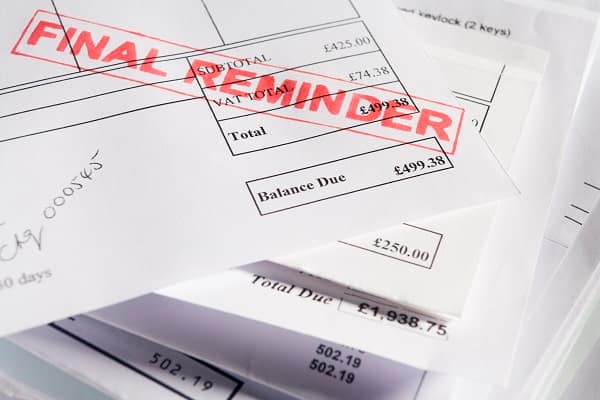Graduating from study or training into a professional career is an epochal moment in any careerist’s life, and also one which brings about perhaps the biggest culture shock. All the hard work you’ve invested in getting to this moment has led you, inexorably, to this moment: more hard work in service of bettering yourself and advancing your career, all while holding down a life at home – whether you’re building a family or working on yourself.
Balancing the pressures of your career with the management of your home can be difficult, especially with UK wages still stagnant relative to still-rising living costs. As someone with a great deal of occupational knowledge but little occupational experience, you might be seeing some parallels between your work life and your newfound post-education independence. Naivety is a potent thing, and especially so when it comes to balancing your initially-low wages against your lifestyle.
The debt trap
Whether you experience post-study lifestyle creep or simply struggle to reconcile your wages with the living costs of your city, you’re likely to have started relying on loans and credit cards to keep things ticking. Debt can be a good thing, but only if you have the means to pay it back – otherwise, you can find yourself leaning more and more on your credit cards and overdraft until things start to spiral out of control. What can you do to manage debt if you have it, and what can you do to avoid debt in the future?
Creating a debt repayment plan
Your first port of call should be to minimise your existing debts. This means figuring out how much you owe, and how much total interest you’re accruing on what you owe. If you have multiple sources of debt, this can be especially difficult to sort.
Your highest-interest debts need to go first, as these will cost you the most if they remain extant. If you’re finding it hard to prioritise any of your debts, you might benefit from looking at debt consolidation loans to simplify your own debt scenario. Using one can help satisfy your current creditors, and buy you a little more time to budget your way out of the hole.
Building an emergency fund
Budgeting for debt is difficult, and will require some serious sacrifices to ensure you’re coming out in the black each month, but it is very much worth it to see your debt obligations eventually disappear. Once you have a handle on your debt, you can start to think about saving money – a practice which will cushion you from the potential for future debt, and also work more in your favour without debt interest sapping your savings interest dry.
Once you’re debt free, simply plug the same amount you were repaying into a savings account each month, until you have three months’ wages saved; this is your emergency fund, designed to soak up unanticipated costs and keep you from reaching for the credit card again.

